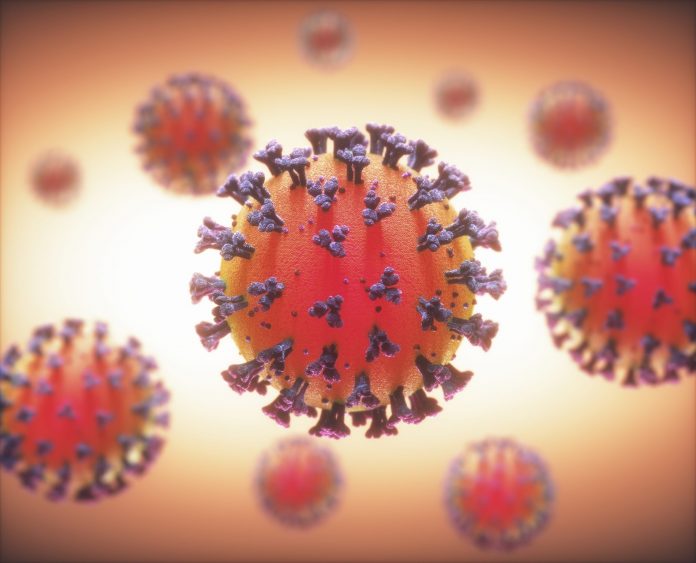South Sudan has ordered a ban on religious and political events and closed most schools after a rise in coronavirus cases in the country.
Hussein Abdelbagi Akol, one of South Sudan’s vice presidents, announced the measures late Wednesday for one month “due to the recent surge in the COVID-19 pandemic in the country.”
The previous three days, South Sudan recorded some of its highest COVID-19 figures, with 39 testings positive on Monday, 54 on Tuesday, and 37 on Wednesday.
Overall the east African nation which achieved independence almost a decade ago and has been crippled by conflict, chronic underdevelopment and hunger has registered 4,267 cases and 66 deaths.
However, only around 90,000 tests have been conducted among an estimated population of 12 million. Most of the cases have been in the capital Juba and in Nimule, which borders Uganda.
Cases have also been detected in the country’s vast camps sheltering internally displaced people.
Akol said all social gatherings such as church and mosque services and political events have been banned, and schools will be closed except for classes holding exams.
ALSO READ: World Cancer Day: Lawmaker tasks women, men on regular checkups
All passengers travelling to South Sudan must present negative COVID-19 test results.
In addition, the council of ministers is to hold extraordinary meetings only.
“The national taskforce instructs the law enforcement agencies to take immediate action to impose the order,” Akol said.
Like many countries in the region, South Sudan imposed strict measures after the first cases emerged, shutting borders, limiting internal transport and closing shops and restaurants which were only allowed to offer take-away.
The measures were in place from March until May last year.
Since then life had returned to normal, with no wearing of face masks, social distancing or use of sanitiser in public places.
